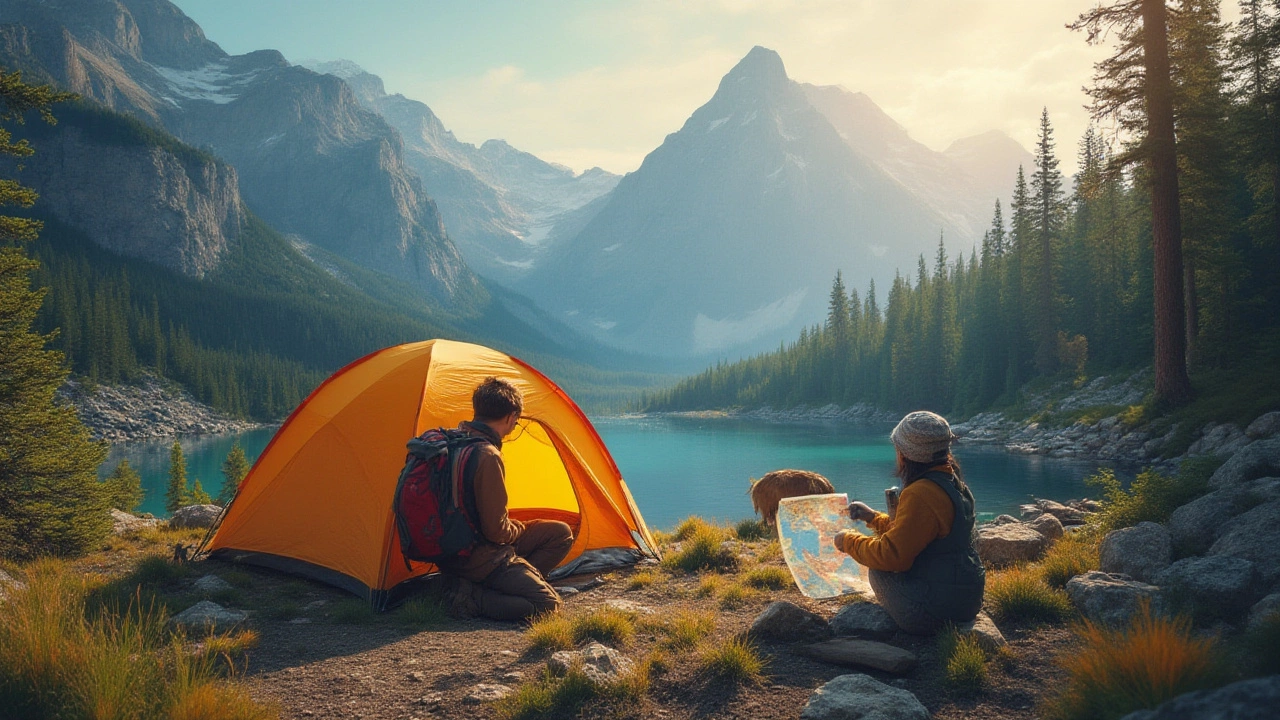
Wild Camping Laws in the USA: What You Really Need to Know
Breaking down wild camping legality in the US: where you can camp, what rules actually matter, and essential tips for your next adventure.
Read MorePlanning a camping adventure across the United States? Before you set up a tent or park your motorhome, get the low‑down on the rules that keep you out of trouble. From state‑specific bans to federal park permits, the details matter more than you think.
Every state has its own take on where you can camp, especially when it comes to boondocking (free overnight parking). In California, for example, you can stay on most public lands for up to 14 days, but you must move at least 25 miles afterward. Arizona’s national forests allow 14‑day stays too, yet they require you to use a fire ring and pack out all trash.
Florida’s coastal beaches are a common spot for overnight RVs, but most counties outlaw sleeping on the sand without a permit. Check the county’s website or call the local sheriff’s office—getting a simple permit can save you a hefty fine.
In the Pacific Northwest, Washington and Oregon enforce the “Leave No Trace” principle hard. If you’re camping on private land, you’ll need the landowner’s written permission. Public lands like the Oregon State Parks often require a reservation and a small daily fee.
Texas offers a bit more flexibility: many state parks let you camp for free on a first‑come, first‑served basis, but you still need a Texas Parks and Wildlife permit if you’re staying longer than 48 hours. Meanwhile, Colorado’s high‑altitude campgrounds may close early in the season, so always verify opening dates.
Step one is always to check the official website of the area you plan to visit. Most state park agencies have an online permit system that’s quick and cheap—usually under $10 per night. For national forests, you’ll often find a “recreation.gov” portal where you can reserve a campsite and print a confirmation.
If you’re heading into a National Park, expect higher fees and stricter rules. Yosemite, Yellowstone, and the Great Smoky Mountains require a reservation months in advance, especially during peak season. A missed reservation can mean turning back or paying a higher “first‑come” rate.
Don’t forget to watch for local ordinances. Some towns have bylaws that prohibit overnight parking on streets or in commercial lots. A quick call to the town hall can clarify whether a curbside spot is legal.
When you’re done, always do a final sweep: collect firewood, pack out trash, and make sure the campsite looks like you never were there. Carry a small trash bag and a portable power strip to keep your gadgets charged without ripping the plug from a campsite’s outlet.
Lastly, keep a copy of all permits—digital or printed—in your vehicle. If a ranger stops you, showing proof of reservation or permit can turn a fine into a friendly chat.
By staying informed about state rules, grabbing the right permits, and respecting the land, you’ll enjoy a hassle‑free camping trip across the US. Happy travels and safe camping!

Breaking down wild camping legality in the US: where you can camp, what rules actually matter, and essential tips for your next adventure.
Read More